Understanding Climate Change
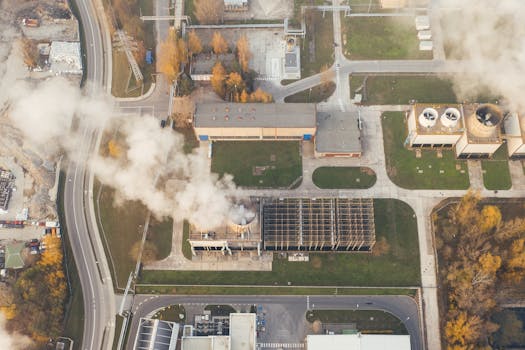
Climate change refers to significant changes in global temperatures and weather patterns over time. While climate change is a natural phenomenon, scientific evidence shows that human activities are currently driving unprecedented changes in the climate. The rise in greenhouse gases, deforestation, and pollution are critical contributors to this challenge.
Impacts of Climate Change
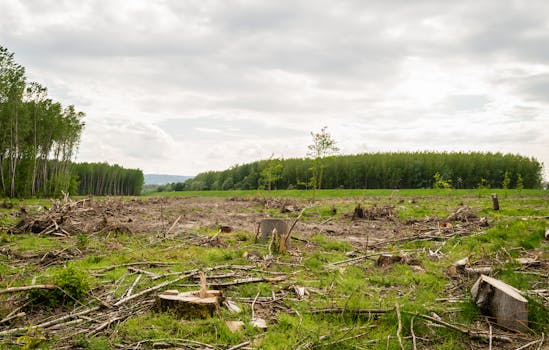
The impacts of climate change are far-reaching and affect various aspects of life on Earth. These include rising sea levels, extreme weather events, and loss of biodiversity. Communities worldwide are experiencing the consequences, from devastating floods to prolonged droughts. The agricultural sector is particularly vulnerable, as changing weather patterns disrupt food production.
The Role of Environmental News Coverage
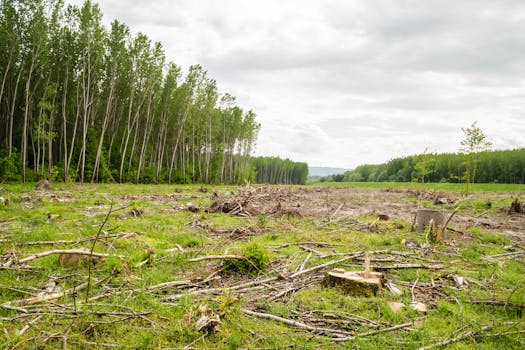
Environmental news coverage plays a crucial role in informing the public about climate change and its impacts. Reliable reporting helps raise awareness and encourages individuals and communities to take action. It also holds governments and corporations accountable for their roles in contributing to climate change.
Challenges in Environmental Reporting
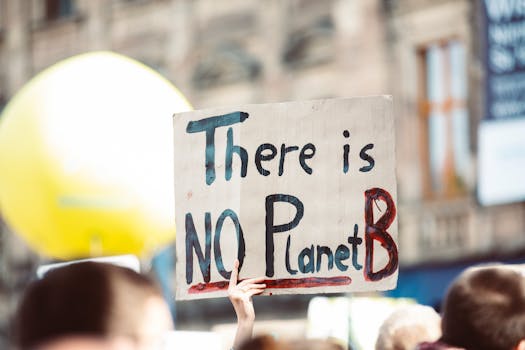
Despite the importance of environmental news, journalists face numerous challenges in reporting on climate change. Misinformation, political pressure, and a lack of resources can hinder effective coverage. Furthermore, the complexity of climate science can make it difficult for reporters to convey clear messages to the public.
Promoting Sustainability through News
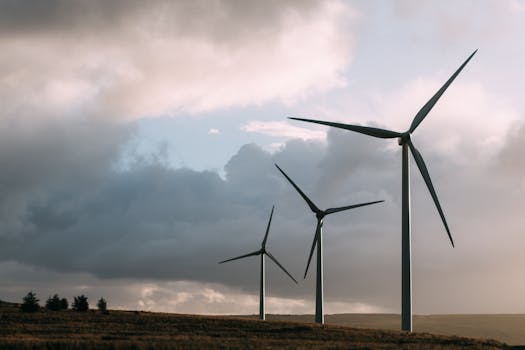
Media outlets can promote sustainability by covering innovative solutions and positive developments in combating climate change. Highlighting success stories can inspire others and foster a sense of hope. Collaboration between journalists and scientists can enhance the quality of environmental reporting, ensuring that accurate and actionable information reaches the audience.